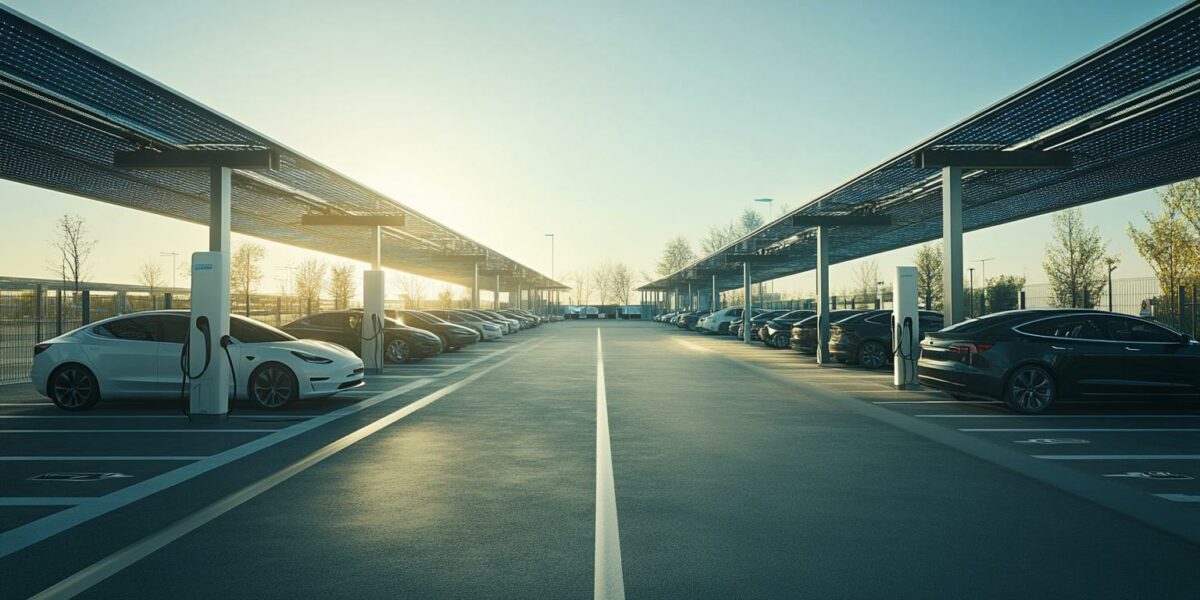Transforming Personal Choices into Environmental Impact
Curious about contributing to climate change solutions? One effective measure is to transition to electric vehicles and appliances. Such choices drastically reduce household greenhouse gas emissions, particularly in areas like Seattle where pollution primarily stems from fossil fuels. By 2050, your commitment can lead to significant environmental benefits.
Why is the year 2050 pivotal? It marks the global deadline for reducing greenhouse gas emissions, a goal endorsed by Washington and the United States. By replacing outdated technology with electric alternatives, individuals can substantially reduce their carbon footprint and align with international climate targets.
However, many people find this individual effort insufficient. They express frustration, urging governments and businesses to take more aggressive action. There is a growing desire for collective initiatives that expedite the transition away from fossil fuels, reflecting an increasing sense of urgency.
Interestingly, such a shift in policy is possible through democratic processes. Residents can make their voices heard by participating in elections and supporting environmentally conscious legislation. This empowerment allows citizens to advocate for systemic change and progress toward a sustainable future.
The Climate Commitment Act: A Legislative Milestone
The Climate Commitment Act of 2021 is Washington’s ambitious step towards phasing out almost all greenhouse gas emissions by 2050. This legislation facilitates a smooth transition by avoiding drastic measures, akin to America’s gradual phase-out of leaded gasoline. Economic support ensures that the shift does not burden families.
- Financial aid for low-income households to adopt electric vehicles and heat pumps.
- Investments in electric ferries and school buses to improve air quality.
- Development of charging infrastructure for renters and urban dwellers.
Despite its potential, the Act requires constant adjustments to remain accessible to all Washingtonians. The complexity of statewide initiatives necessitates ongoing evaluation to prevent undue hardship while pursuing environmental goals.
Initiative 2117: A Controversial Proposition
This year, Initiative 2117 threatens to dismantle the Climate Commitment Act. Funded by a hedge fund manager, it aims to cease all carbon trading programs, effectively preserving global warming pollution. This initiative represents a significant challenge to Washington’s climate goals.
Supporters of Initiative 2117 argue for the continued use of fossil fuels, despite the detrimental environmental impacts. They champion the burning of gasoline and natural gas, highlighting the diverse perspectives within the climate debate.
Conversely, the initiative’s critics emphasize the importance of reducing greenhouse gas emissions to combat climate change. By opposing 2117, they advocate for continued progress and adherence to the state’s climate commitments.
The upcoming vote presents a critical opportunity for citizens to influence climate policy. Rejecting Initiative 2117 signifies a commitment to sustainable practices and a rejection of policies that hinder environmental progress.
Your Role in Shaping the Future
As a resident of Washington, your vote carries significant weight in the fight against global warming. By turning down Initiative 2117, you contribute to the ongoing effort to phase out greenhouse gas emissions. This decision aligns with the state’s ambitious climate objectives.
Voting against Initiative 2117 is more than a political stance; it’s a declaration of your commitment to environmental stewardship. Every vote counts in shaping policies that prioritize ecological preservation and sustainability.
The power to influence change lies in your hands. By supporting initiatives that promote environmental health, you play a crucial role in securing a greener future for generations to come. Washington’s climate policies depend on collective action and informed voting.
Your engagement in this process underscores the vital connection between individual decisions and broader societal impacts. Together, we can navigate the path to a sustainable and resilient future, embracing opportunities for positive change.



Silas
How about a plan to reduce the carbon footprint of cattle farms? I heard that’s a huge contributor to global warming too!
aubreyzenith9
Thank you for the info! I didn’t realize how much power we have as voters to influence climate policy.
madison5
This sounds promising, but how will the state ensure the infrastructure is ready for everyone to switch to electric vehicles?
tiggersolstice0
It’s great to see Washington taking climate change seriously, but what about other states? We need a nationwide effort!
Simba
Is there any financial support for middle-class families to transition to electric vehicles? I’m concerned about the costs involved.
Evelyn7
Wow, 2050 feels so far away! Do you think these plans will really make a lasting impact? 🤔